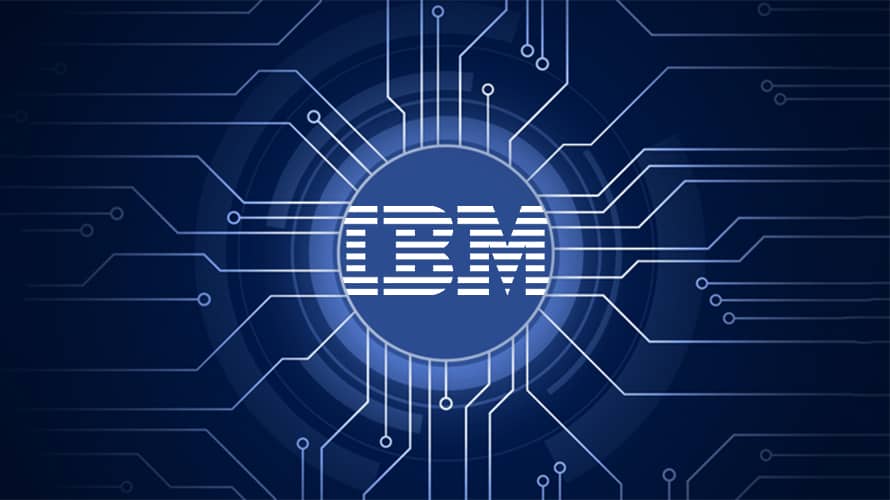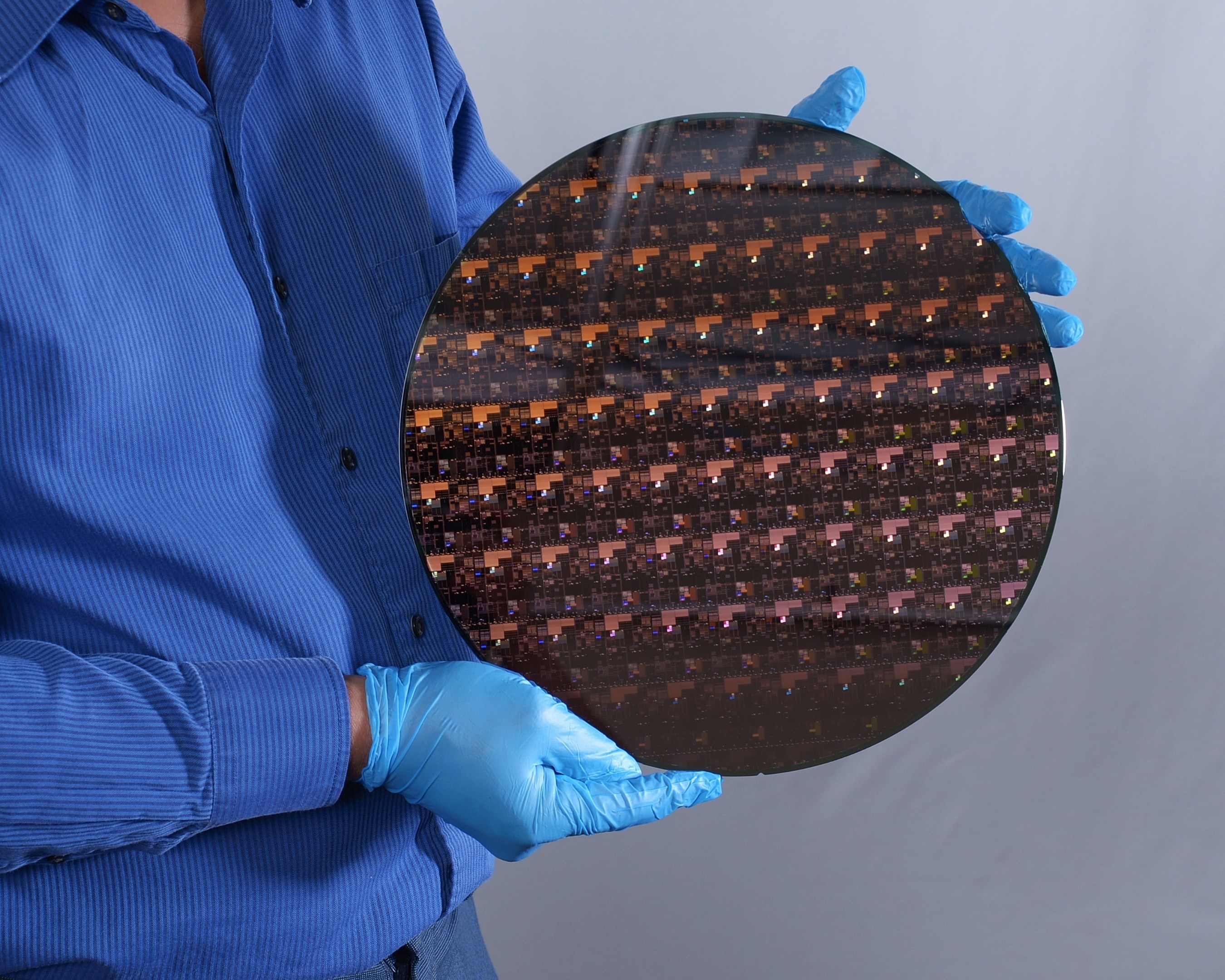IBM unveils world's first 2nm chip; claims higher performance with less energy
The advanced 2nm chips are claimed to deliver a number of advantages over 7nm chips including up to four times battery life in smartphones and other mobile products which means users will need to charge their devices every four days. The new chips could potentially reduce the carbon footprint of data centers and also contribute to faster object detection and reaction time in autonomous vehicles (AVs).

- Country:
- United States
IBM on Thursday unveiled the world's first 2nm chip which is projected to achieve 45 percent higher performance or 75 percent lower energy use, as compared to today's most advanced 7nm node chips, taking major leaps forward in performance and energy efficiency of chips.
Leveraging IBM's nanosheet technology, the 2nm chip can fit up to 50 billion transistors on a fingernail-sized chip, which is significantly higher than a 7nm test node chip with 20 billion transistors and a 5nm chip with 30 billion transistors.
"Increasing the number of transistors per chip can make them smaller, faster, more reliable, and more efficient. More transistors on a chip also mean processor designers have more options to infuse core-level innovations to improve capabilities for leading-edge workloads like AI and cloud computing, as well as new pathways for hardware-enforced security and encryption," IBM explained.

Image Credit: IBM
The advanced 2nm chips are claimed to deliver a number of advantages over 7nm chips including up to four times battery life in smartphones and other mobile products which means users will need to charge their devices every four days. The new chips could potentially reduce the carbon footprint of data centers and also contribute to faster object detection and reaction time in autonomous vehicles (AVs).
IBM has achieved this latest breakthrough in less than four years since the company announced the 5nm design. The company's first commercialized offering including IBM Research 7nm advancements are set to debut later this year in IBM POWER10-based IBM Power Systems.
Commenting on the achievement, Darío Gil, SVP and Director of IBM Research, said, "The IBM innovation reflected in this new 2 nm chip is essential to the entire semiconductor and IT industry. It is the product of IBM's approach of taking on hard tech challenges and a demonstration of how breakthroughs can result from sustained investments and a collaborative R&D ecosystem approach."
- READ MORE ON:
- world's first 2nm chip
- IBM 2nm chip
- IBM










